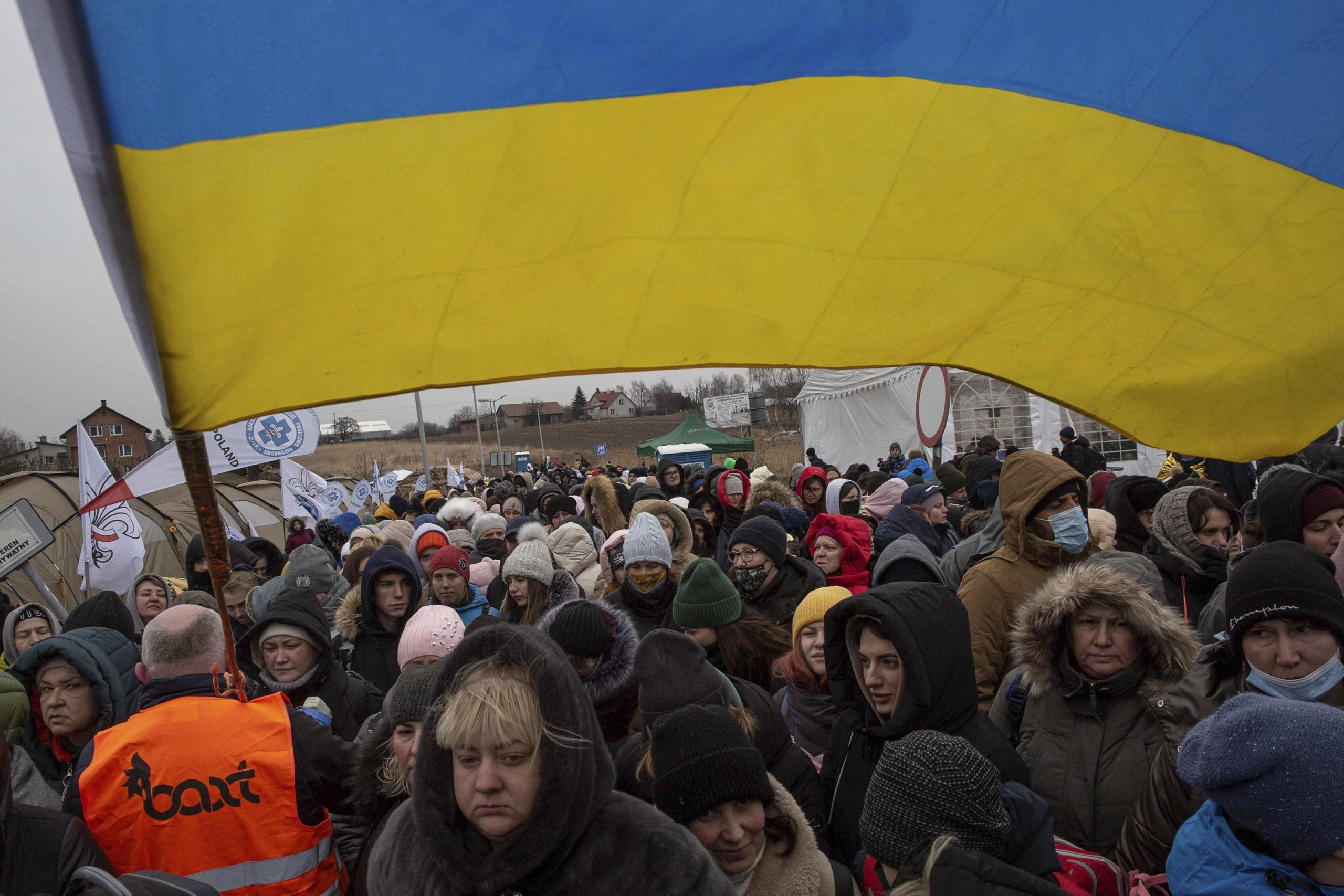Over the past weekend, two significant geopolitical conflicts, the Israel-Iran war, and the Ukraine-Russia war, witnessed escalations with profound implications on a global scale, potentially impacting the U.S. economy and the forthcoming presidential election. Initially characterized as a proxy war, the Israel-Iran conflict underwent a significant shift when Iran directly attacked Israel with 100 missiles, marking a departure from its previous indirect support for groups like Hamas and Hezbollah.
In response to Iran’s direct aggression, Israel has pledged retaliation, the nature of which remains uncertain but could involve targeting Iran’s crucial oil production infrastructure. As the ninth-largest oil producer globally, any disruption to Iran’s oil output could reverberate throughout international markets, potentially leading to widespread economic consequences.
Simultaneously, the Ukraine-Russia conflict intensified as Ukraine launched drone attacks on 18 Russian oil refineries, effectively shutting down 647,000 barrels of oil production daily. This action directly impacts the global oil market, with the potential to trigger significant increases in oil prices due to reduced supply.

Global Impact of Growing Conflicts: Israel-Iran and Ukraine-Russia (Credits: Crisis Group)
The economic repercussions of these escalating conflicts are immediate and multifaceted. The decrease in oil supply resulting from attacks on Russian refineries, combined with potential disruptions to Iranian oil production, could prompt a surge in oil prices. This increase in oil costs would inevitably contribute to inflation, affecting the prices of goods and services reliant on oil for production and transportation.
Against the backdrop of these conflicts, the timing is particularly sensitive for the United States, with a presidential election looming. Rising oil prices and inflation present challenges for any incumbent administration seeking re-election. The Biden administration has responded cautiously, urging Ukraine to cease attacks on Russian refineries and declaring a reluctance to support Israeli counterattacks against Iran. These positions aim to mitigate economic impacts and maintain stability during an election year.
The escalating conflicts between Israel and Iran, as well as Ukraine and Russia, carry far-reaching implications for the global economy and political landscape. The United States, a central player in these dynamics, faces critical decisions that could shape its economic and political future, particularly in the context of the impending presidential election. As such, the U.S. response to these conflicts becomes a subject of significant interest and debate, reflecting the interconnectedness of geopolitics and global economics.
























